New Reports on Post-fire Restoration & Public Health Impacts of Wildfire
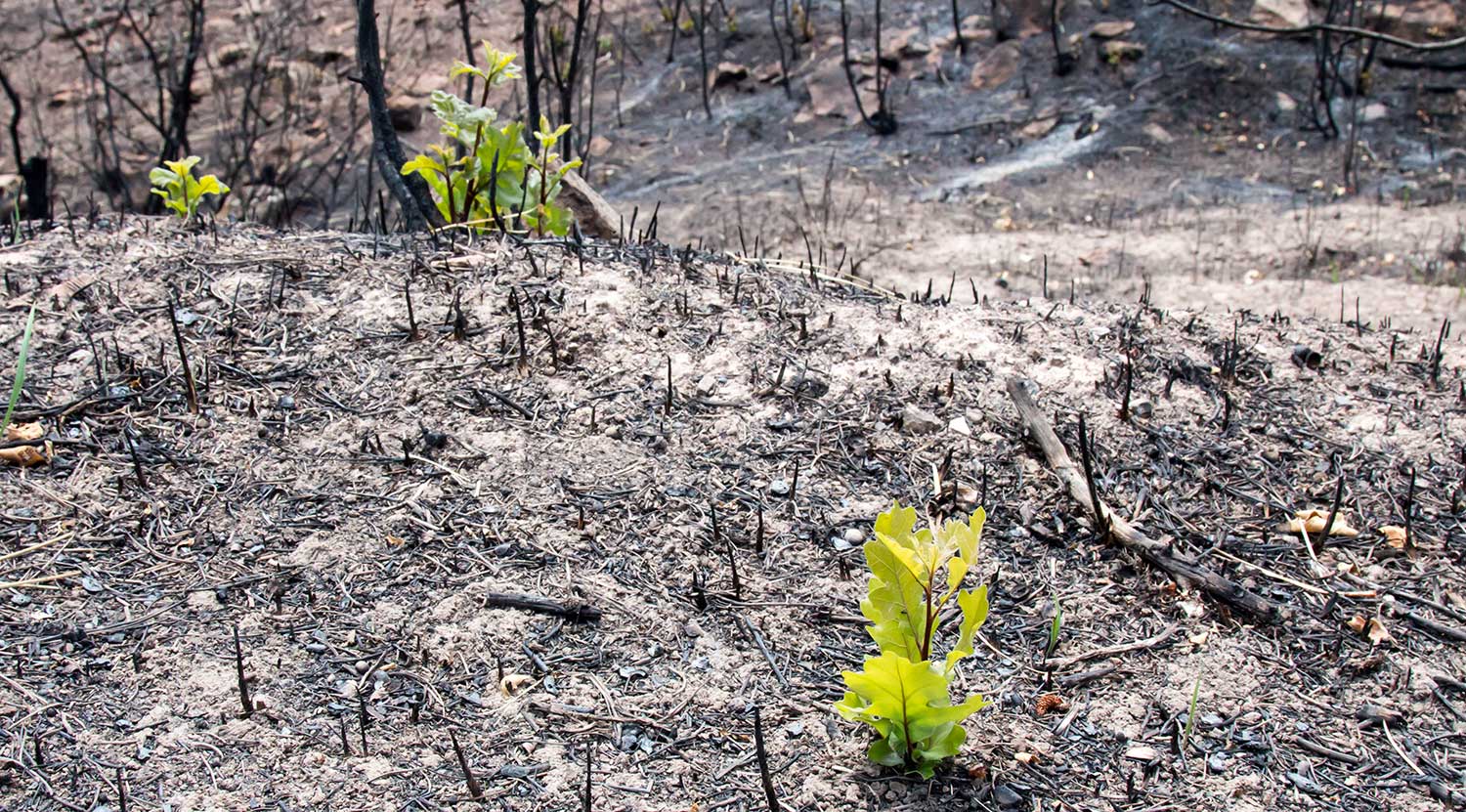
New Reports on Post-fire Restoration & Public Health Impacts of Wildfire
New Report on Emergency Forest Restoration Teams: Small private landowners often lack the funding, expertise, or time to undertake restoration work. To address these barriers, California’s Wildfire and Forest Resilience Action Plan called for the establishment of Emergency Forest Restoration Teams (EFRTs). In June, 2024 a report on lessons learned was released from three pilot EFRTs that were developed in late 2021 in response to the Dixie, Tamarack and Caldor Fires. The report provides key recommendations for future EFRTs to be successful.
New Report on the Public Health Impacts of Wildfire: This new scoping report covers the intersections of wildland fire and public health. Developed by UC Berkeley’s Center for Law, Energy, & the Environment in partnership with the Climate and Wildfire Institute, the report investigates key issues in the physical and mental health impacts of wildfire, provides an overview of the current state and federal policy landscape, and presents key recommendations for future resilience.
CA Climate Hub Receives USFS Region 5 Partnership of the Year Award
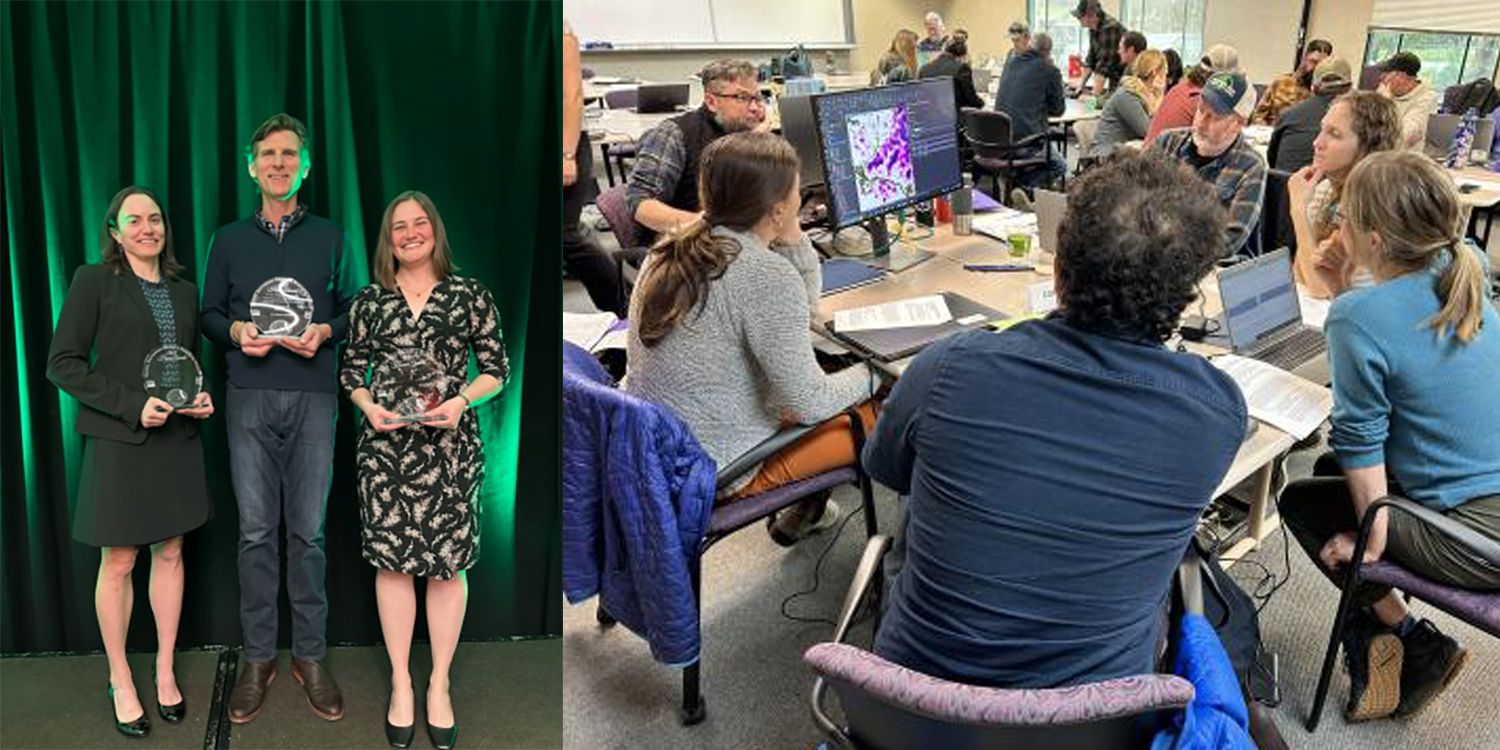
California Climate Hub Receives USFS Region 5 Partnership of the Year Award
The USDA Forest Service Region 5 awarded the California Climate Hub the 2023 Honor Award for Partnership of the Year for their efforts to develop and deliver climate literacy and web-based climate tools trainings. The trainings familiarized participants with relevant information on climate and climate models and provided hands-on experience using two web-based climate data tools: Cal-Adapt and Climate Toolbox. Additionally, the California Climate Hub has designed and delivered a series of workshops focused on the applications of the California Wildfire and Forest Resilience Task Force’s Regional Resource Kits. The most recent workshop gathered forest managers from local, state, and federal agencies at Shasta-Trinity National Forest in Redding.
Wildfire Mitigation and Management Commission Releases Final Report
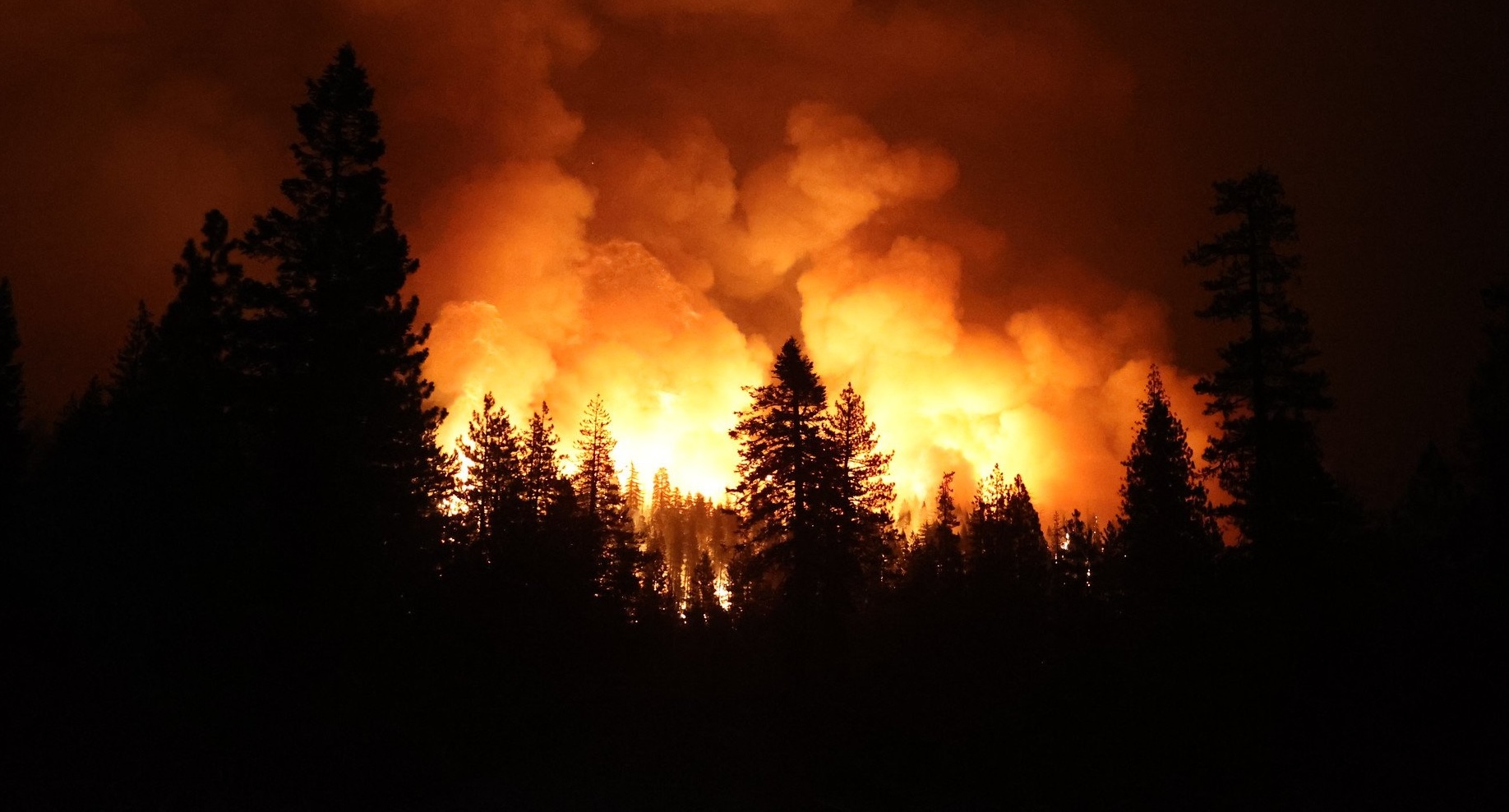
Wildfire Mitigation and Management Commission Releases Final Report
On September 27, the federal Wildland Fire Mitigation and Management Commission, co-chaired by the U.S. Departments of Agriculture and Interior and the Federal Emergency Management Agency, released a final report submitted to Congress that reflects a comprehensive review of the federal wildfire system. The report makes 148 recommendations covering seven key themes:
- Urgent new approaches to address the wildfire crisis
- Supporting collaboration to improve partner involvement
- Shifting from reactive to proactive in planning for, mitigating and recovering from fire
- Enabling beneficial fire to reduce the risk of catastrophic wildfire
- Supporting and expanding the workforce to hire and retain the wildland firefighting staff needed to address the crisis
- Modernizing tools for informed decision-making to better leverage available technology and information
- Investing in resilience through increased spending now to reduce costs in the long run
USFS and CAL FIRE Conserve Private Forestland in California
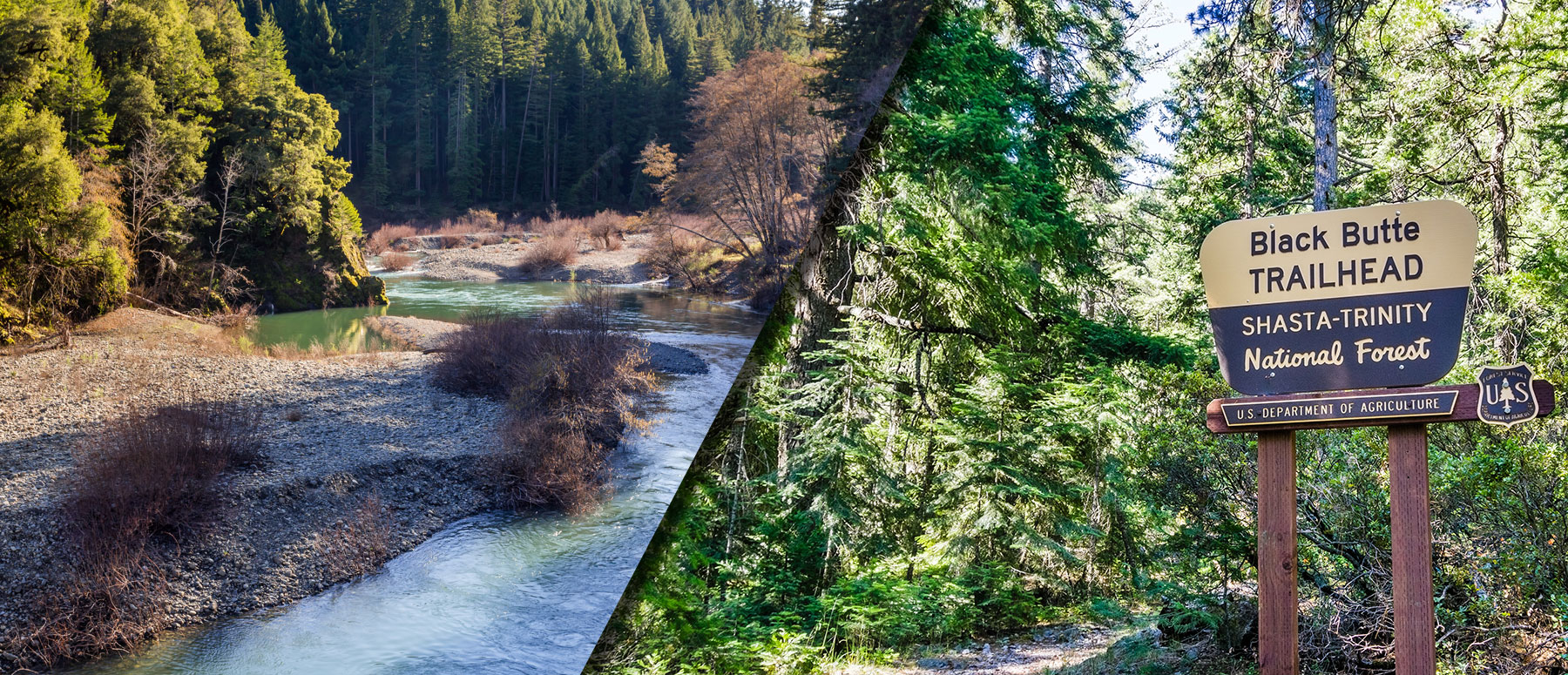
Significant New Investments in Forest Conservation
Conservation of working landscapes is essential in the biodiversity and climate goals of the California Wildfire & Forest Resilience Action Plan and supports the State’s goal of conserving at least 30 percent of California’s land and coastal waters by 2030. These important investments by the state and federal Forest Legacy Programs support these goals:
Federal Awards: On June 29, the U.S. Forest Service(USFS) announced 25,110 acres of working forests in California will be conserved between two conservation easements in California thanks to $13 million from the Federal Forest Legacy Program. Nationwide, the USFS invested $188 million to conserve more than 245,000 acres. The Trinity Timberlands project will protect 12,090 acres within Shasta-Trinity and Six Rivers National Forests and the 13,020-acre Brushy Mountain project will conserve three miles of the federally designated Wild and Scenic Eel River.
State Grant Solicitation: CAL FIRE’s Forest Legacy Program will fund up to $20 million to protect forest land threatened with conversion to non-forest uses. Under this competitive grant program, CAL FIRE will purchase or accept donations of conservation easements or fee title of productive forest lands to encourage their long-term conservation. The pre-application period closes July 16, 2023.
NRCS California Plans Expanded Conservation Investments
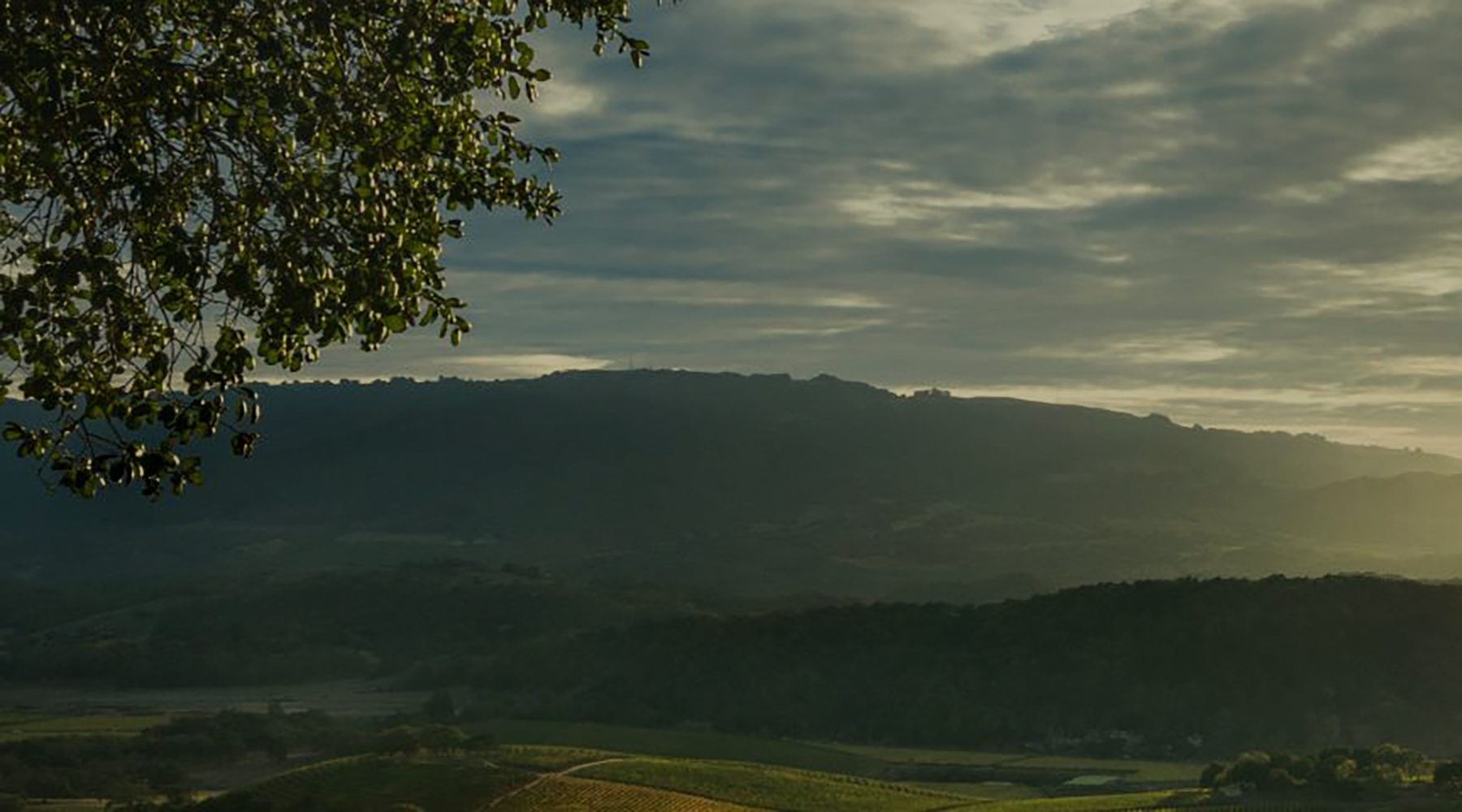
NRCS California Plans Expanded Conservation Investments
NRCS California announced a 2023 investment of over $20 million for climate-smart agriculture practices and forest resiliency in California, including $6.8 million for the Environmental Quality Incentives Program; $5.2 million for the Conservation Stewardship Program; and $7.6 million for the Conservation Technical Assistance Program. These additional investments flow from the Inflation Reduction Act – from which hundreds of millions of dollars more will appropriated over the next five years. This investment is above NRCS California’s annual $125 million investment through the Environmental Quality Incentives Program, Conservation Stewardship Program, Wetland Reserve Easements program, and other NRCS programs.
The deadline to apply for this NRCS California IRA funding is March 17, 2023. Please visit your local NRCS service center to apply, which can be found by clicking here.
USDA Invests More than $48.6 Million to Manage Risks, Combat Climate Change
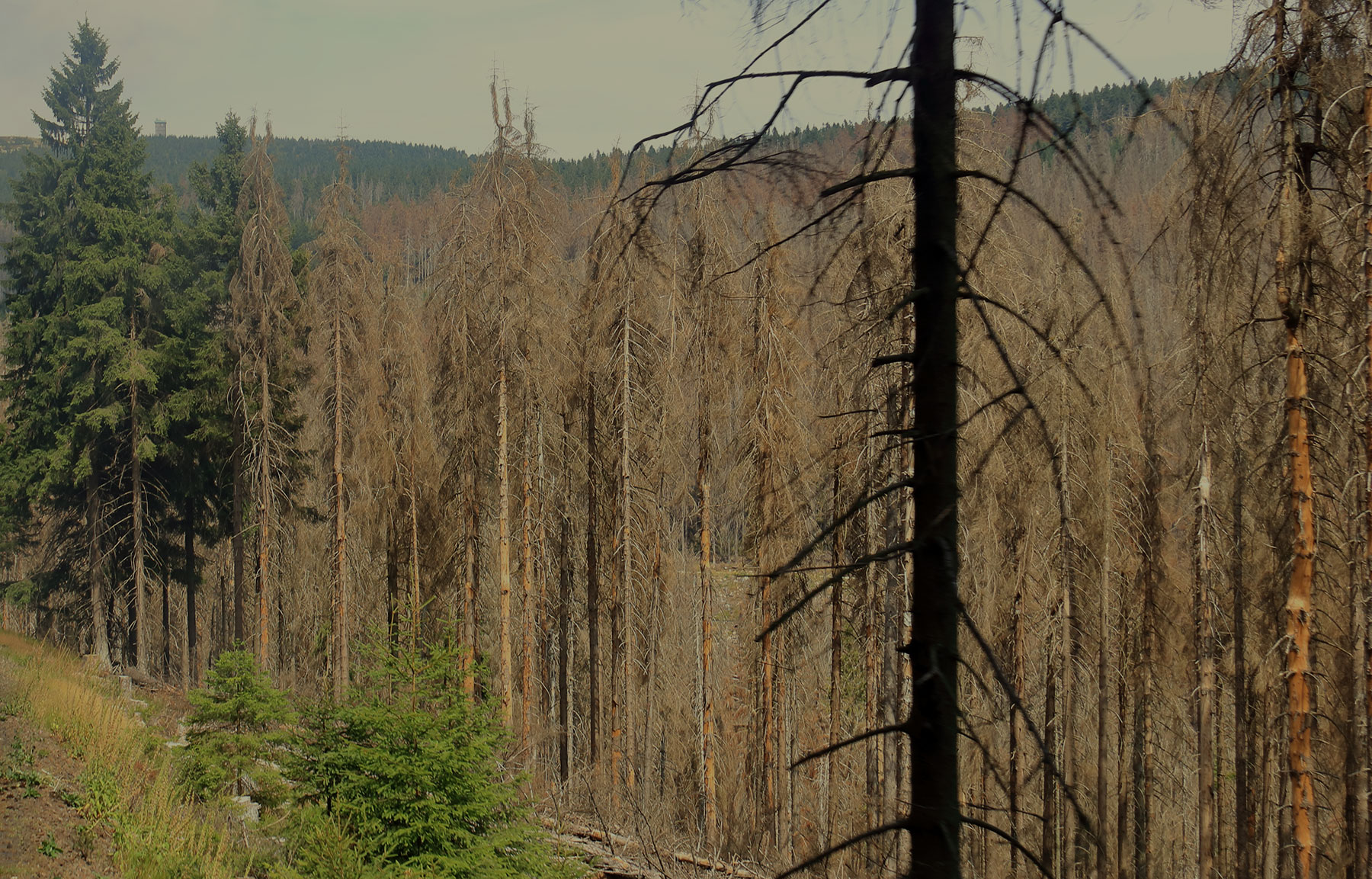
USDA Invests More than $48.6 Million to Manage Risks, Combat Climate Change
USDA will invest more than $48.6 million this year through the Joint Chief’s Landscape Restoration Partnership for 14 projects that mitigate wildfire risk, improve water quality, restore forest ecosystems, and ultimately contribute to USDA’s efforts to combat climate change. Under the Joint Chiefs’ Partnership, the USDA Forest Service (USFS) and Natural Resources Conservation Service (NRCS) co-invest in areas where public forests and grasslands intersect with privately-owned lands. An award of $3.3 million was awarded to a phase three project focused on fire resilience in Trinity County. The project will address high-risk cross-boundary threats by strategically treating forests on both private and national forestlands, and it will address new threats created by 2020 and 2021 wildfires.
Forest Stewardship and Post-fire Forest Resilience Projects 2022 Annual Report
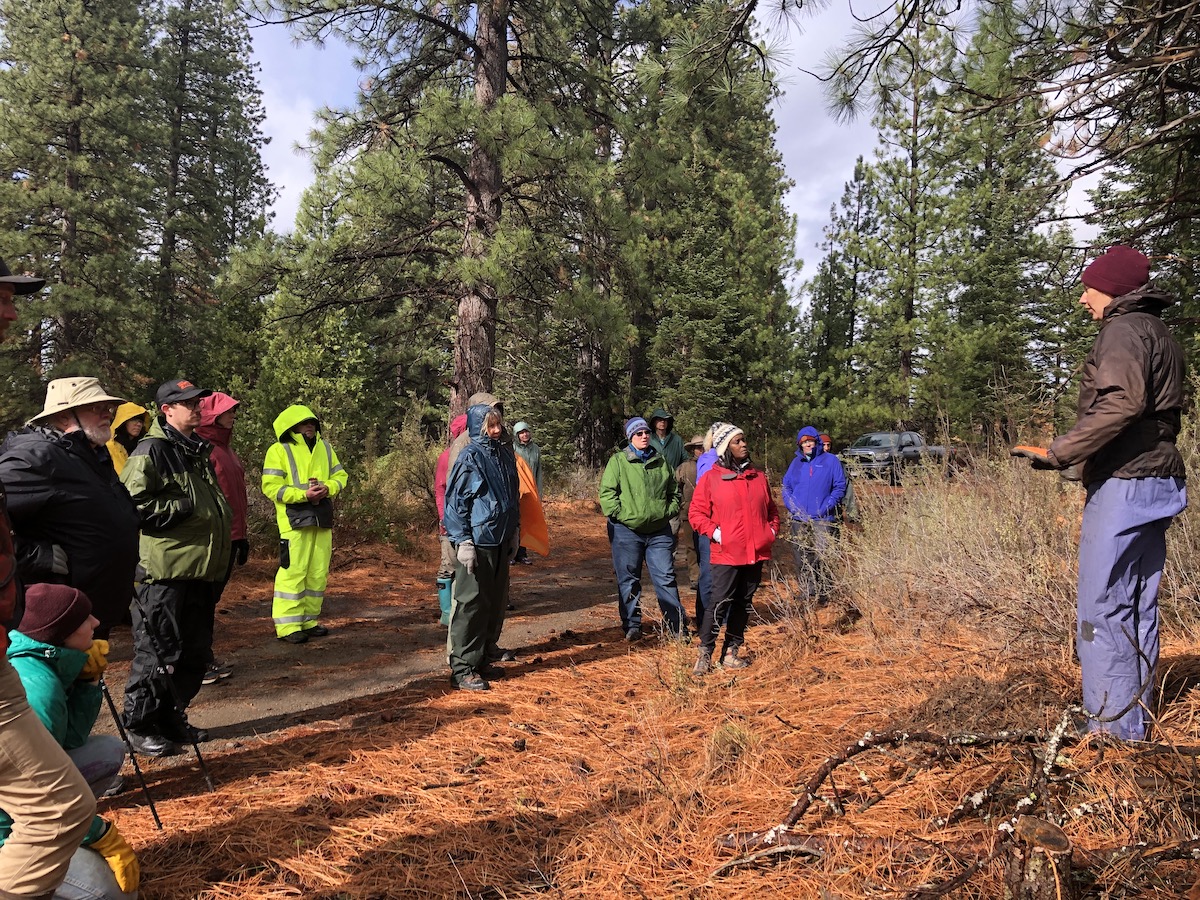
Forest Stewardship and Post-fire Forest Resilience Projects 2022 Annual Report
Launched in 2019 in response to a recommendation by Governor Brown’s Forest Management Task Force the UC ANR Forest Stewardship Education Initiative established the Forest Stewardship and Post-Fire Resilience Programs. These programs involve forest landowners in managing and protecting their forests through the development of a forest management plan. Since 2020, 368 people have completed one of the 19 workshop series offered across the state. The 2022 Annual Report summarizes the impact of the programs.
UCANR Publishes Report on Small Forest Landowners
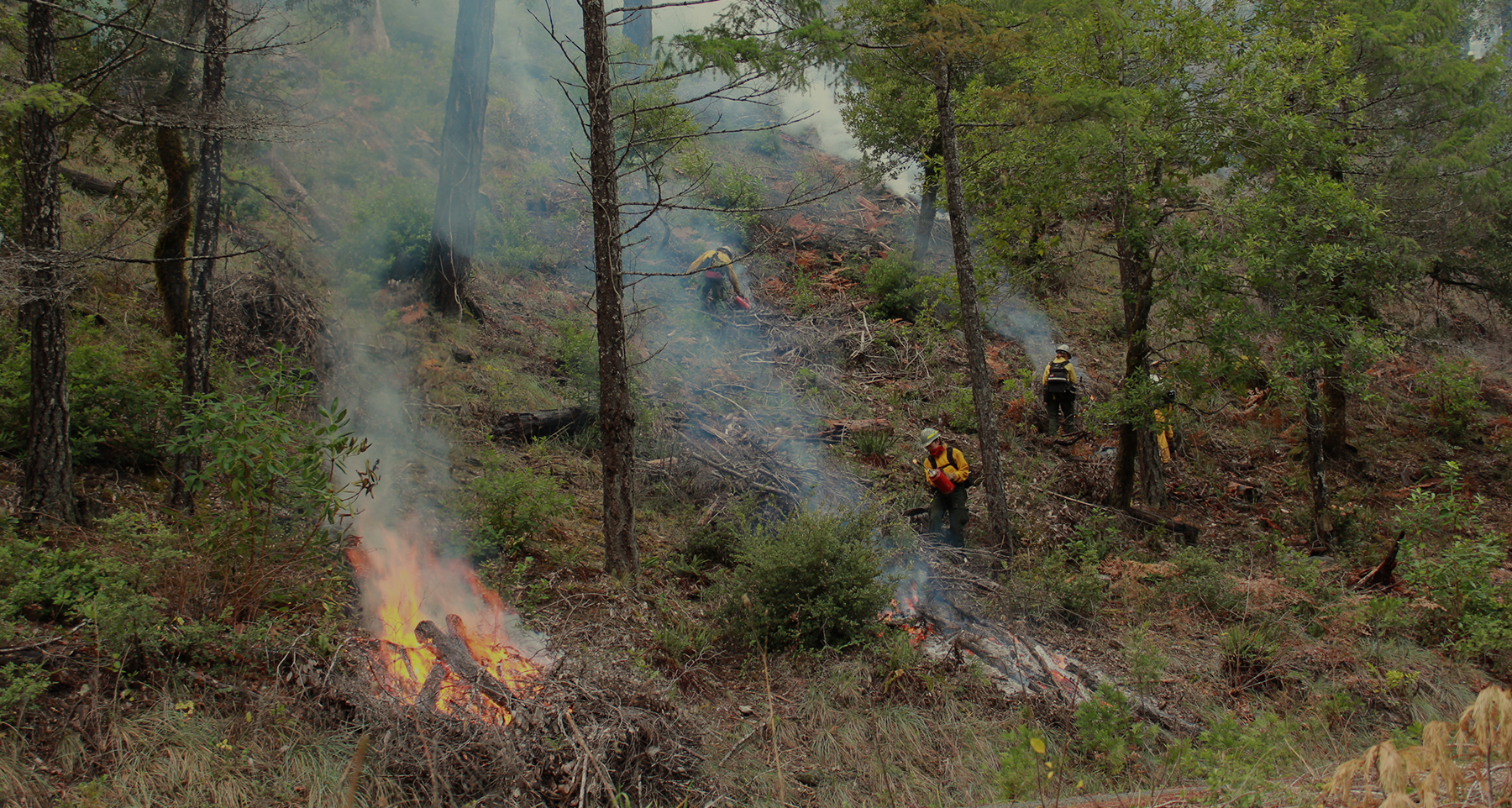
UCANR Publishes Report on California’s Small Forest Landowners
Representing 22% of California’s timberland, private owners of forested lands play an important role in landscape resilience and reducing wildfire risk. And yet, they remain one of the most challenging groups to reach with consistent messaging and education on how to manage and protect their forests.
A new report, recently released by the University of California Agriculture and Natural Resources (UCANR) provides important learning about forest landowners, their goals, the actions they have taken to date, and the obstacles they face in effectively managing their land.
The report is a compilation of information gathered from forest landowners participating in the Forest Stewardship Education Initiative, a landowner educational effort launched by UCANR and funded by CAL FIRE. The initiative helps landowners better understand, manage and protect their forests by developing a management plan, implementing vegetation management projects, engaging with natural resource professionals, and taking advantage of cost-share opportunities that can help them meet their management goals.
This report represents an important step in meeting the needs of forest landowners, and it implements a recommendation by the Small Landowner Assistance Working Group of the California Wildfire and Forest Resilience Task Force.
Private Landowner Assistance Work Group | September 2022 Action Item Updates
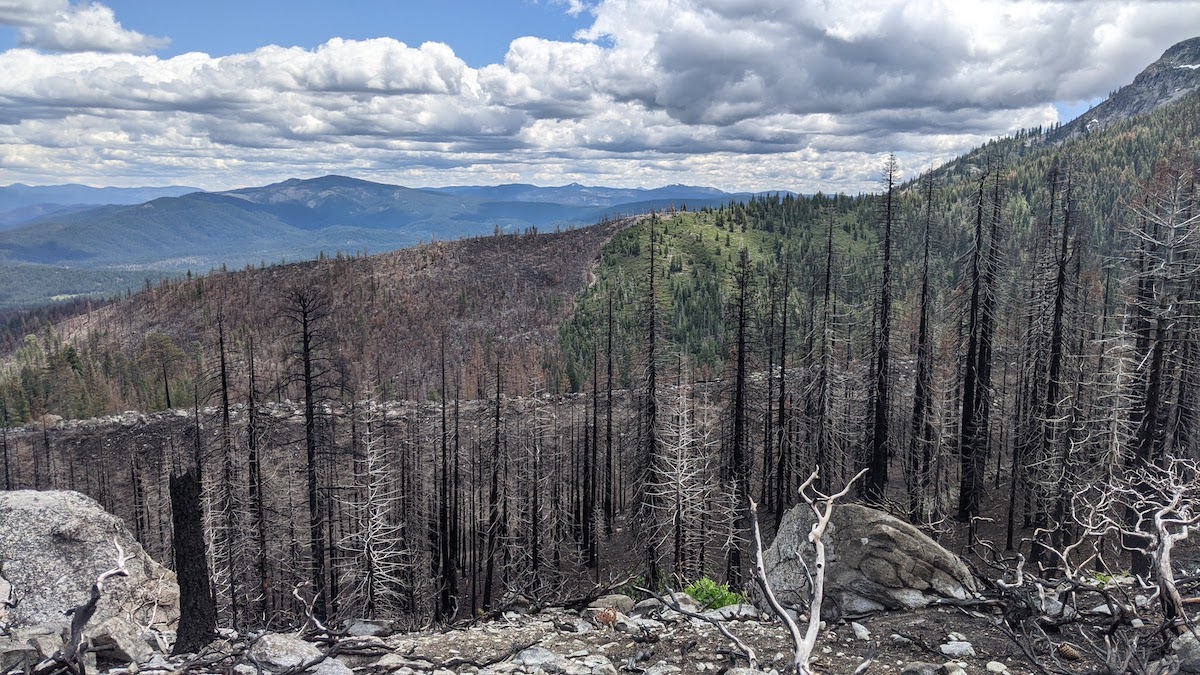
Private Landowner Assistance Work Group | September 2022 Action Item Updates
Progress is being made on key Action Items from the Private Landowner Assistance Work Group’s Implementation Strategy. Read the update (link below) for a report on a few emerging EFRTS, NRCS‐CA new forestry technical and financial assistance agreements with partners, and UC Extension Stewardship Workshops.
RESOURCES
Fighting the Goldspotted Oak Borer Instructional Video
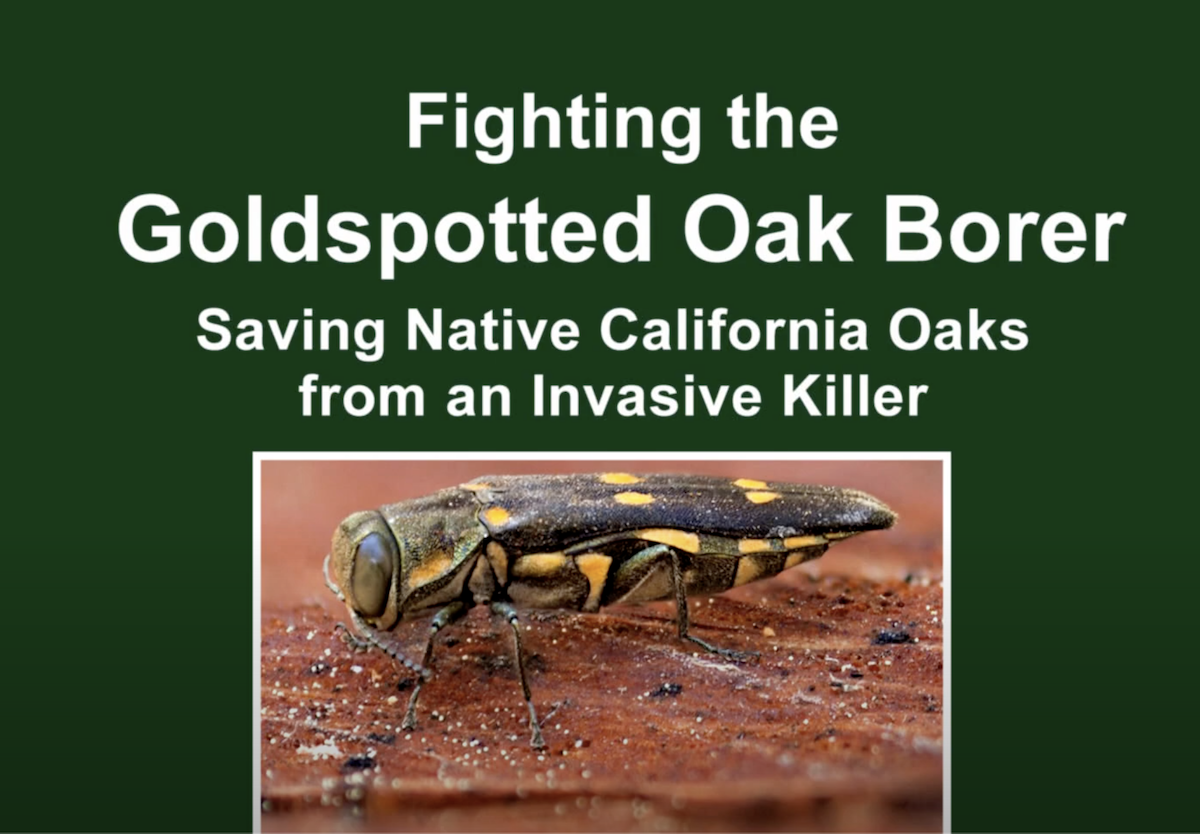
Fighting the Goldspotted Oak Borer Instructional Video
Oak Grove, a small San Diego backcountry community, is a success story in stopping an invasive, tree-killing pest from attacking California’s beautiful native oaks. The Goldspotted Oak Borer (GSOB) is a deadly invasive pest that that is threatening California’s oak trees. In this video, UC wildlife biologist Dr. Tom Scoot and arborist Bret Hutchinson summarize proven techniques for identifying and treating GSOB.
RESOURCES
San Diego RCD Fire Safe Council
Village News, 8/27/22: Learn how to protect California oak trees from a deadly, invasive pest

